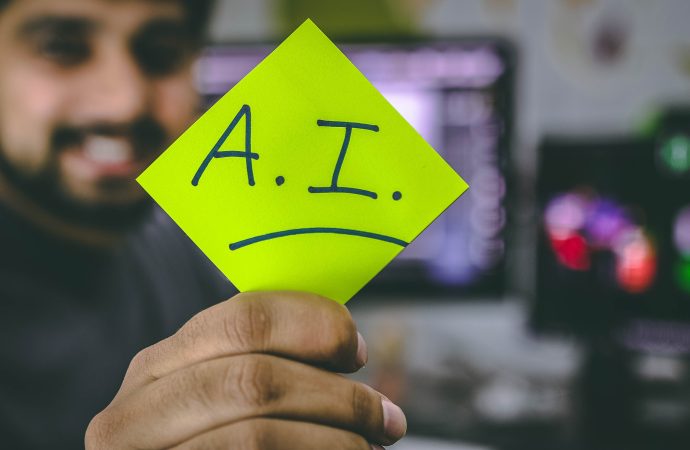Artificial Intelligence (AI) is rapidly transforming our world, from self-driving cars to virtual assistants. As AI becomes more advanced, it raises important ethical questions about its impact on human dignity. In this article, we will explore the intersection of AI and human dignity, and the ethical considerations that arise. What is Human Dignity? Human dignity
Artificial Intelligence (AI) is rapidly transforming our world, from self-driving cars to virtual assistants. As AI becomes more advanced, it raises important ethical questions about its impact on human dignity. In this article, we will explore the intersection of AI and human dignity, and the ethical considerations that arise.
What is Human Dignity?
Human dignity is a fundamental principle that recognizes the inherent worth and value of every human being. It is the foundation of human rights and is enshrined in international law. Human dignity is not something that can be earned or lost, but rather it is an inherent characteristic of being human.
The Impact of AI on Human Dignity
AI has the potential to enhance human dignity by improving healthcare, education, and other areas of life. For example, AI can help doctors diagnose diseases more accurately and quickly, leading to better health outcomes for patients. AI can also help personalize education, allowing students to learn at their own pace and in their own way.
However, AI also has the potential to undermine human dignity. For example, AI algorithms can perpetuate biases and discrimination, leading to unfair treatment of certain groups of people. AI can also be used to monitor and control individuals, infringing on their privacy and autonomy.
Ethical Considerations
As AI becomes more advanced, it is important to consider the ethical implications of its use. One key ethical consideration is the need to ensure that AI is developed and used in a way that respects human dignity. This means that AI should not be used to discriminate against individuals or to infringe on their privacy and autonomy.
Another ethical consideration is the need to ensure that AI is transparent and accountable. This means that AI algorithms should be open to scrutiny and that there should be mechanisms in place to hold those responsible for AI decisions accountable.
Finally, there is a need to ensure that AI is developed and used in a way that promotes human flourishing. This means that AI should be used to enhance human well-being and to promote social justice.
Conclusion
AI is an emerging technology that has the potential to transform our world in many positive ways. However, it also raises important ethical questions about its impact on human dignity. As we continue to develop and use AI, it is important to consider these ethical questions and to ensure that AI is developed and used in a way that respects human dignity, promotes transparency and accountability, and promotes human flourishing.

















Leave a Comment
Your email address will not be published. Required fields are marked with *